Congratulations on now being a parent of your child-to-be! Are you feeling anxious about what to eat or what not to eat during your pregnancy journey? We got you covered! Try to eat more nutrient-dense food to supply sufficient nutrition for yourself as well as your little one’s growth and development. Increased nutrients are very crucial to both you and your baby. Now, what are the important nutrients that you need to take note throughout your pregnancy?

-
Folid Acid
Even if you are not pregnant yet, we believe that you have heard of the importance of getting folic acid. But what is folic acid? Folic acid is the man-made type of naturally found Vitamin B, known as folate. Folic acid is necessary for body growth and development and is exceptionally important for pregnant women. Our body uses folic acid in DNA synthesis. Most importantly, folic acid is important in baby’s development of nervous system and neural tube in early pregnancy, thus able to prevent some neural tube defects, such as spina bifida and anencephaly.
According to Malaysia’s Recommended Nutrient Intake (RNI) Guidelines, it is suggested at 600 mcg for pregnant women (Ministry of Health Malaysia, 2017). Since it is quite difficult to achieve adequate amount of folate intake every day from diet solely, alternatively you can achieve it by getting vitamins that contain folic acid as well as consuming folate-rich food or fortified food at the same time. Some natural food source that contains folate are dark green leafy vegetables, citrus fruits, legumes and nuts. Also, folate has been fortified in some breads, flour and breakfast cereals. You may refer to the nutrition facts of the product to identify the amount of folate in the food.

-
Calcium
Calcium is one of the key nutrients for pregnancy, to maintain the calcium level in the mother’s own body as well as to support the teeth and skeletal growth of the developing baby especially during the third trimester of pregnancy. Other than that, calcium also plays an important role as a nutrient for baby’s muscles, heart, nerves and hormones. According to the RNI Malaysia, pregnant mothers above 20 years old require 1,000 mg of calcium intake per day (Ministry of Health Malaysia, 2017). You can get calcium from milk, yogurt, cheese, fortified juices, tofu, dark green leafy vegetables and many more.

-
Iron
Iron plays an important role in red blood cell synthesis to supply oxygen to your little ones. If a pregnant mother does not have sufficient iron stores or consume sufficient amount of iron throughout pregnancy, she could then result in iron deficiency anaemia. It is recommended for pregnant women to be given iron supplementation in tablet form as it is difficult to evaluate the maternal iron status accurately (Ministry of Health Malaysia, 2017). 100mg per day of iron supplements is adequate to be given to the non-anaemic women during second half of pregnancy journey, meanwhile a higher dosage is normally required for anaemic mothers. You can always check with your obstetrician or healthcare professionals on the necessary dosage. Other than consuming iron-rich food such as lean beef and chicken, spinach, kale, beans and lentils, mother-to-be should also consume foods high in Vitamin C as Vitamin C enhances the iron absorption.

-
Vitamin D
Vitamin D, one of the fat-soluble vitamins, is necessary for calcium and phosphorus absorption, and assists normal immune system function (Devje, n.d.). Furthermore, it is also important to get sufficient vitamin D for supporting growth and development of teeth and bones. The recommended nutrient intake of Vitamin D for pregnancy is 15 µg/day. It is suggested to get some sun bath to the arms, legs, face or back for around 5-30 minutes during midday for at least twice a week without applying sunscreen, which will normally provide enough Vitamin D (Holick, 2007).
Did you know?
You can actually get vitamin D from sunlight which is free of charge! Pregnant women are encouraged to go outdoor for a walk after getting breakfast under warm sunlight. Try not to go under direct HOT sunlight (11am-5pm most of the days)

-
Omega 3 Fatty Acids
Essential fatty acid is a type of fatty acid that cannot be produced by own body, but to be consumed from food sources. Essential fatty acids to humans are Omega-3 and Omega-6. Human nowadays can easily get Omega-6 fatty acid from plant-based oils, nuts, margarine, but not omega-3 fatty acids as the source is mostly from deep-sea fish. Consuming sufficient omega-3 fatty acids during pregnancy is so important as the fatty acids are essential building blocks of fetal retina and brain (Coletta, Bell and Roman, 2010).
Omega-3 fatty acids including eicosapentaenoic acid (EPA) and docosahexaenoic acid (DHA), are dietary fats with variety of health benefits. EPA and DHA are essential for appropriate fetal development. A combined intake of DHA and EPA of 300mg per day is recommended during pregnancy and lactation (Ministry of Health Malaysia, 2017). It is recommended to consume 2 portions of fatty fish per week, for example, salmon, mackerel and sardine, but not the potential high mercury fish for instance shark and swordfish. Vegetarian pregnant mothers can also opt for plant-based sources: Chia seeds, seaweed and algae, flaxseeds, walnuts, omega-3 eggs, and milk.

-
Protein
Acts as building blocks for the little one’s cells and help your baby with hair, skin, muscles development. During pregnancy, the additional protein is needed for supporting maternal and fetal tissues synthesis. The pregnant mother’s protein requirement increases from early pregnancy period and achieves its greatest level in the third trimester (Ministry of Health Malaysia, 2017).
Recommended nutrient intake of protein
| Target group | Recommended intake per day | Food Source |
|---|---|---|
| 19-29 years old female adults |
53g | |
| 30-59 years old female adults |
52g | |
| Pregnancy – 1st trimester | Additional of 0.5g | Meat, poultry, eggs, milk, fish Vegetarian options: Cheese, tofu, beans, soy products |
| Pregnancy – 2nd trimester | Additional of 8g | |
| Pregnancy – 3rd trimester | Additional of 25g |

Too many nutrients to be taken care of and not sure where to start from? Here comes the maternal needs recommendation from BB King Kong for a safe and healthy pregnancy journey!
- Wyeth Nutrition Promama formula milk is designated to support women during pregnancy and lactation to provide extra nutritional needs. It is formulated with A2 Milk Protein that is gentle for mommies’ sensitive tummies and contains Folic Acid, Calcium, and Vitamin D to support the growth of little one. Nutrients such as Sphingomyelin, DHA, and Choline are also formulated into the formula to support little one’s cognitive development.
- Nestle Mom formula milk is specially designed for pregnancy and lactation to provide the right nutrition during this special journey. Formulated with a combination of prebiotic (FOS) and A2 Milk Protein to promote good gut health for mommies’ sensitive tummies. It also contains important nutrients such as Folic Acid, Calcium, and DHA.
References
- Coletta, J., Bell, S. and Roman, A., 2010. Omega-3 Fatty Acids and Pregnancy. Reviews in Obstetrics & Gynecology, 3(4), pp.163-171.
- Devje, S., n.d. Vitamin D: Benefits, Sources, Deficiencies. [online] Healthline. Available Here.
- Holick, M., 2007. Vitamin D Deficiency. New England Journal of Medicine, 357(3), pp.266-281.
- Ministry of Health Malaysia, 2017. Recommended Nutrient Intakes for Malaysia. Putrajaya, Malaysia.




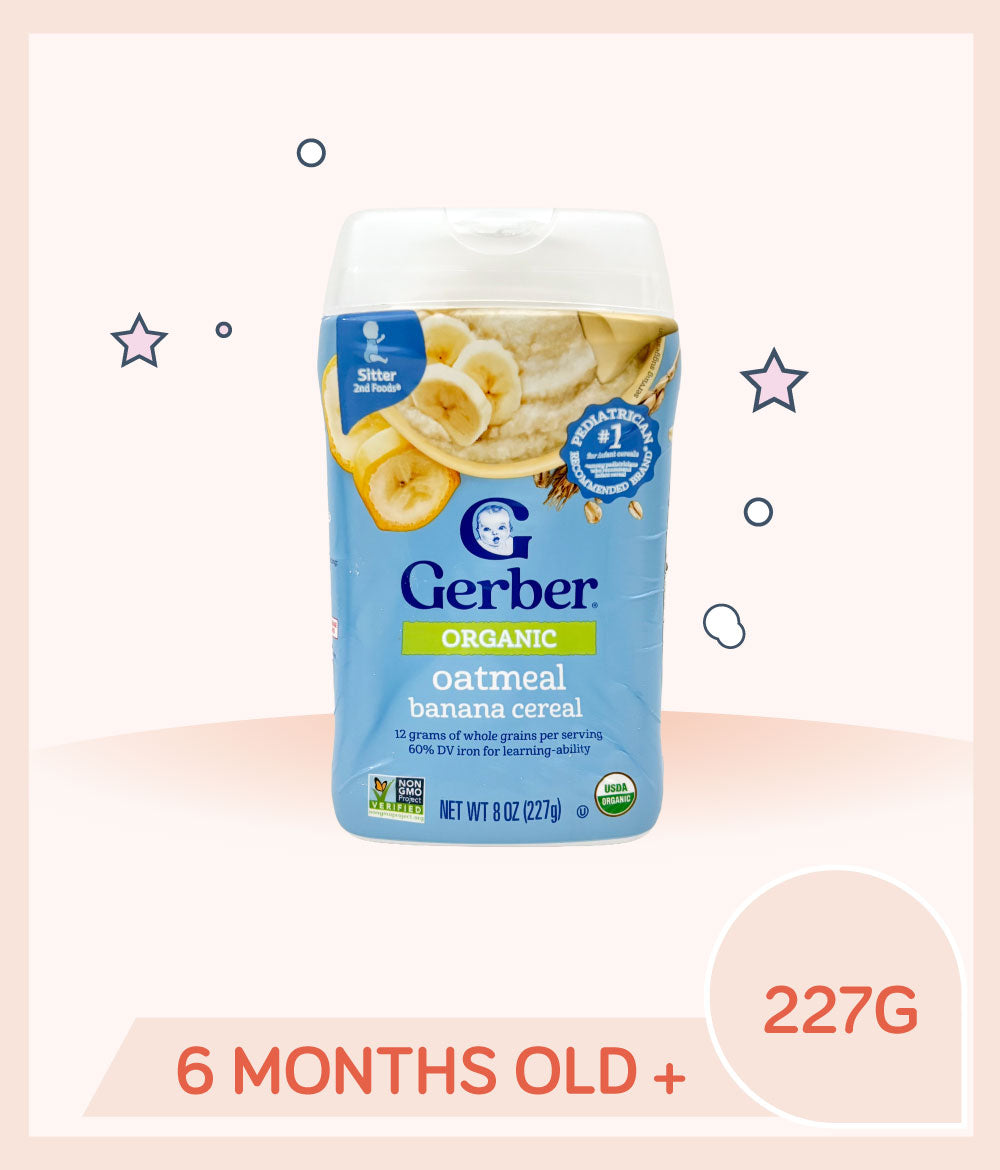

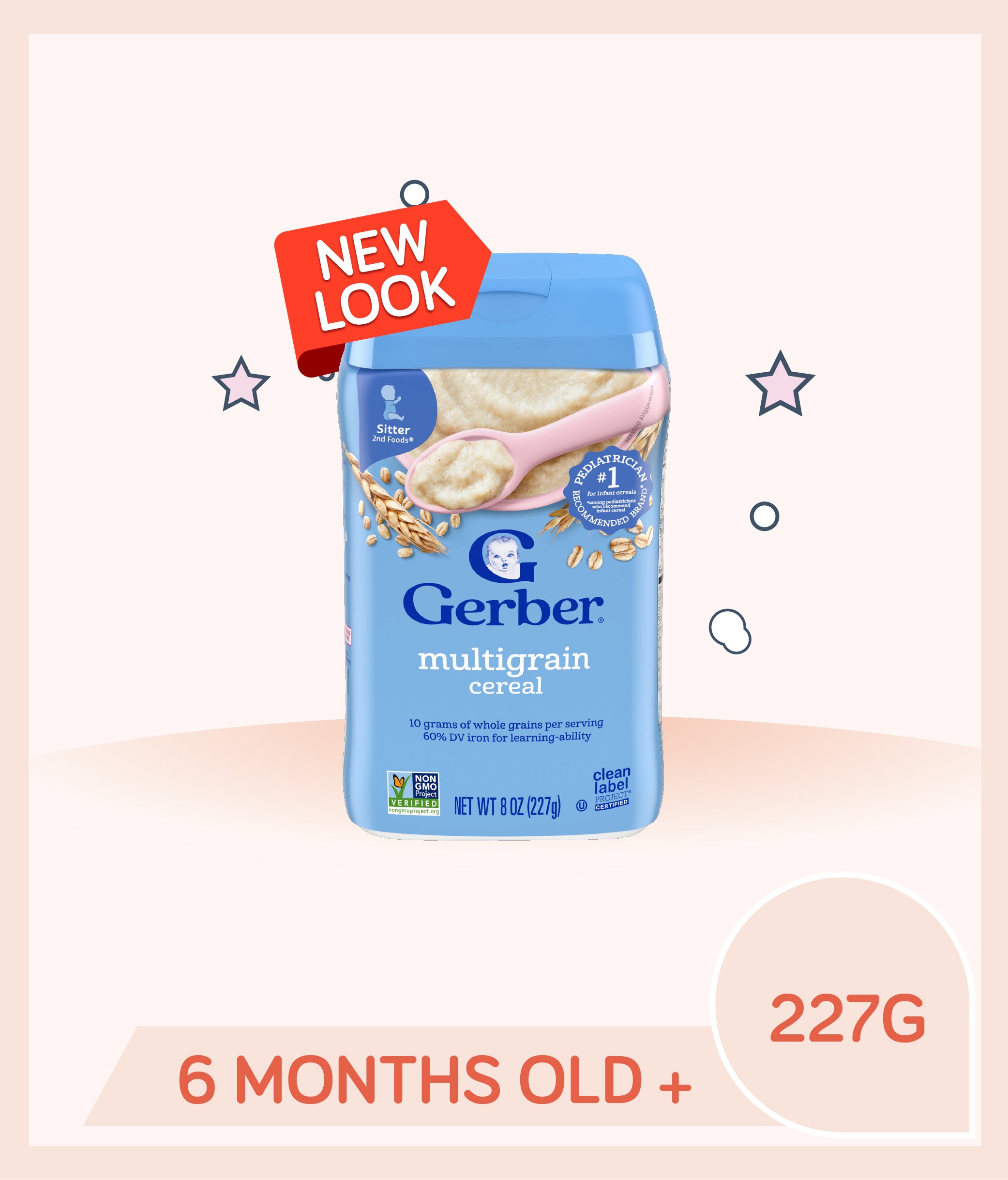
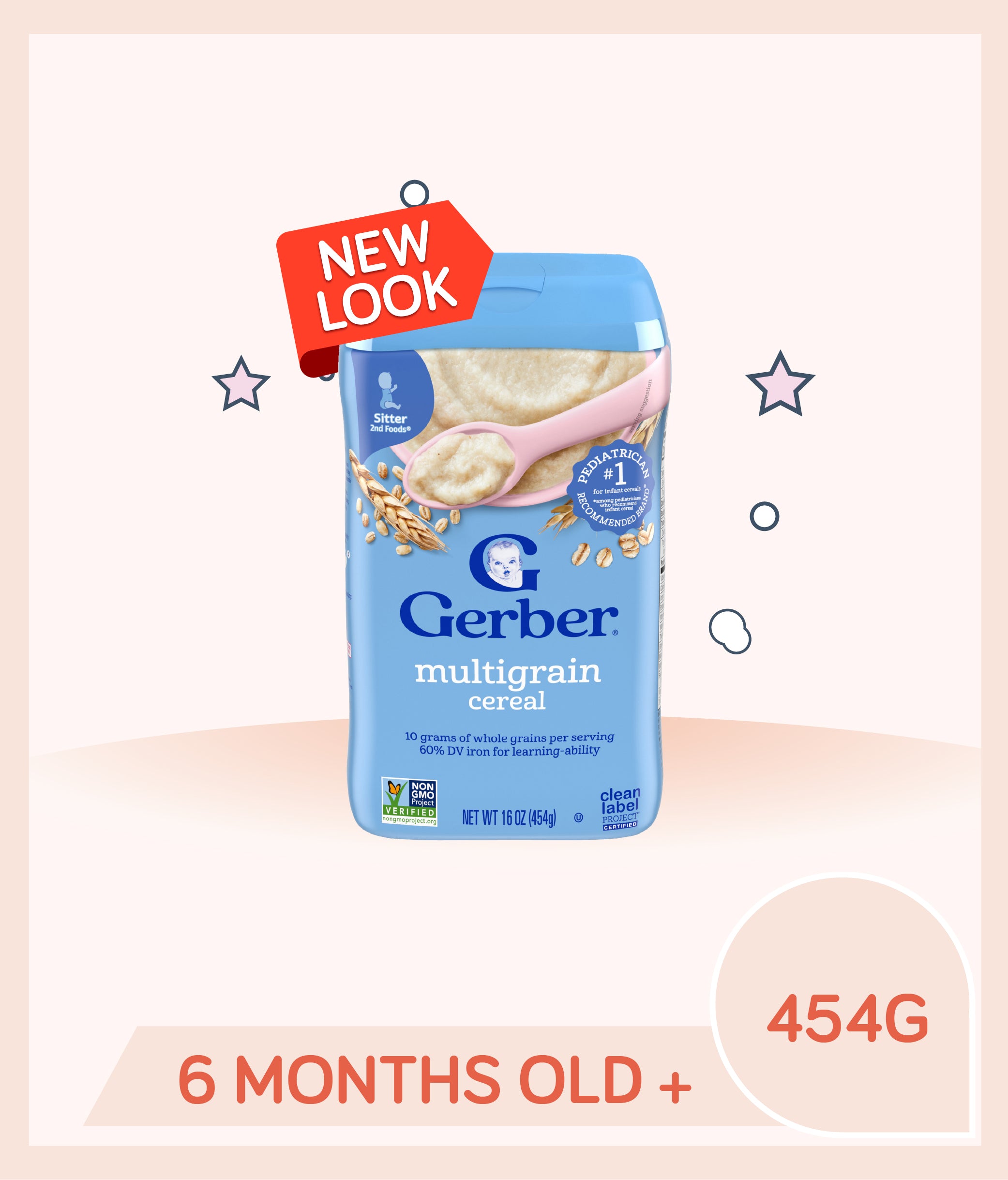
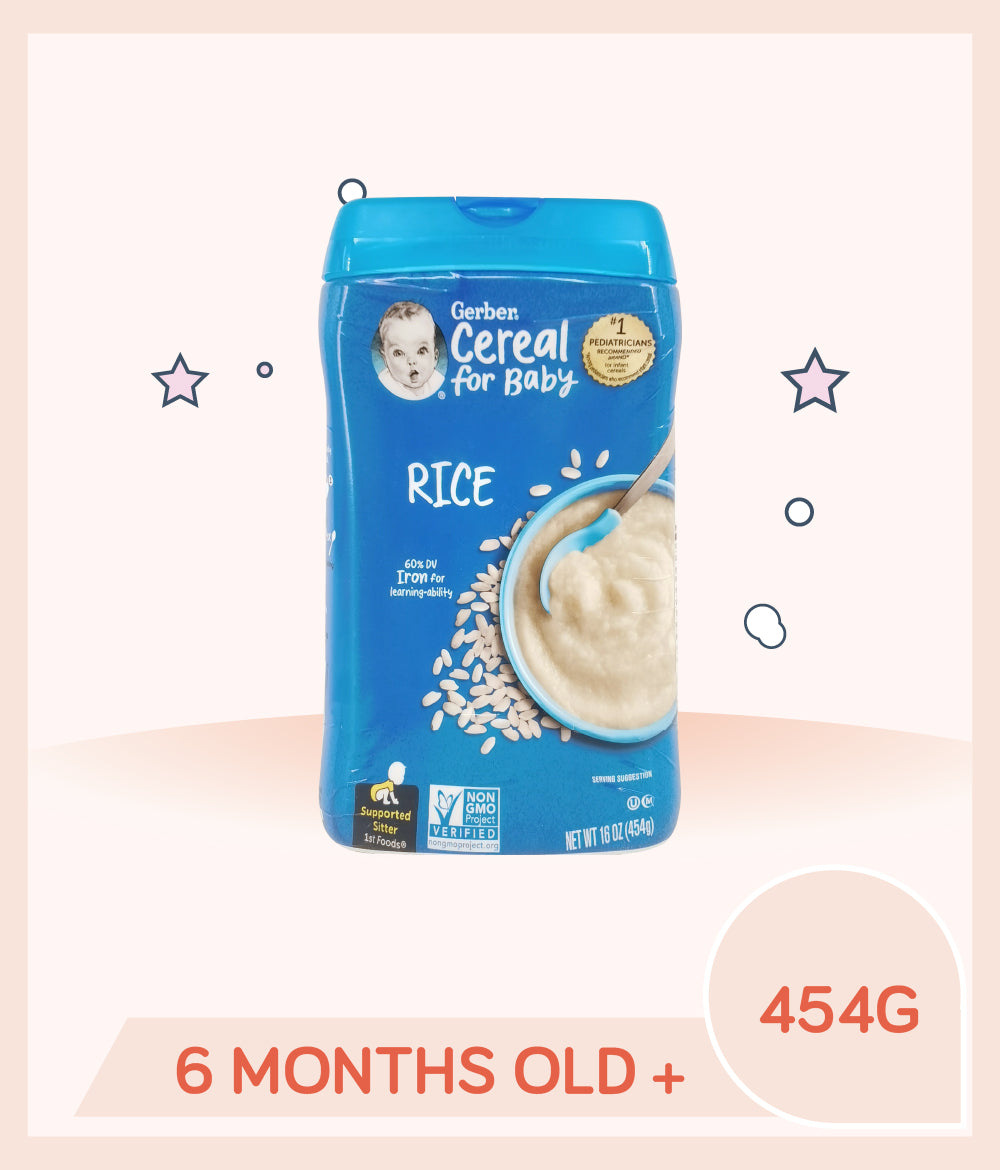
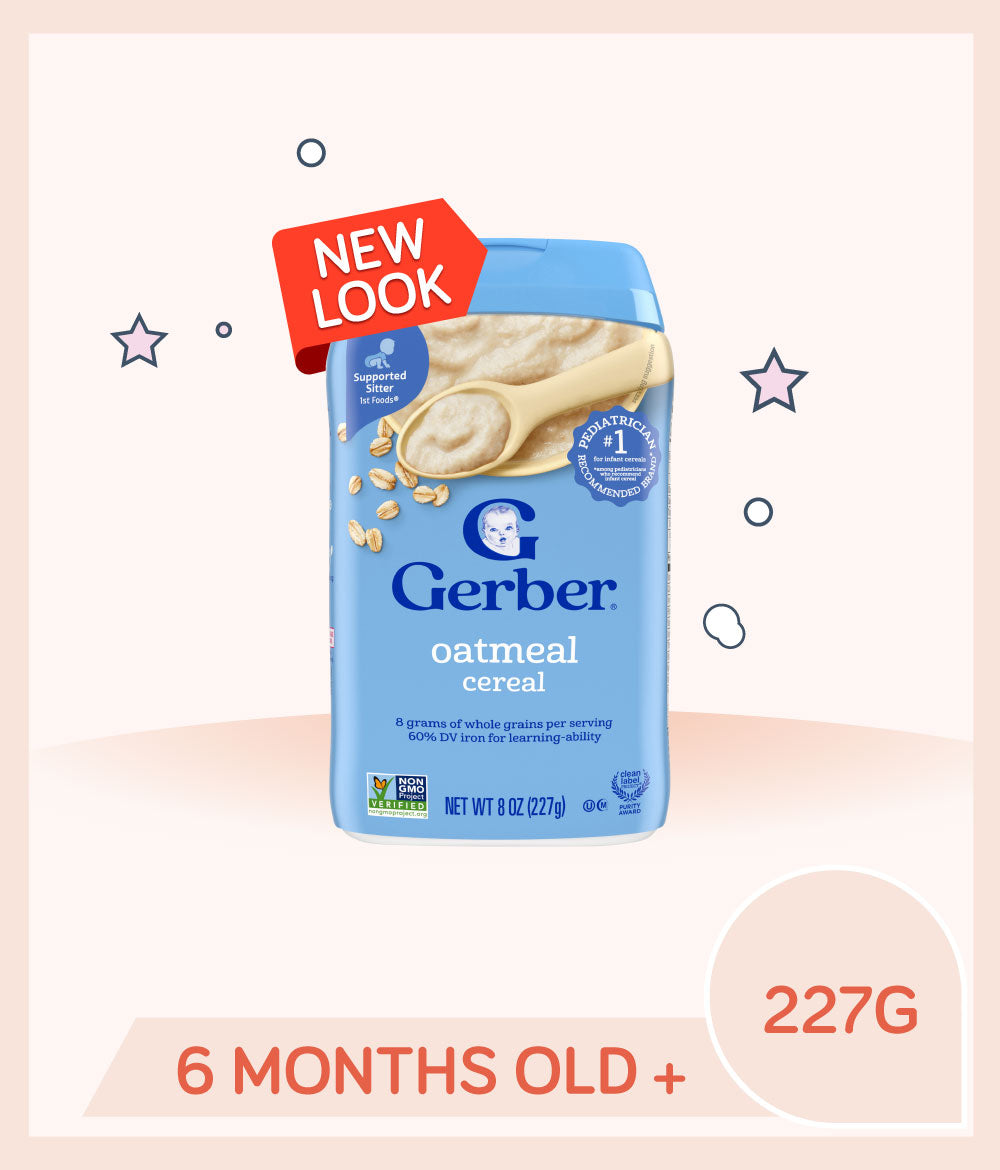
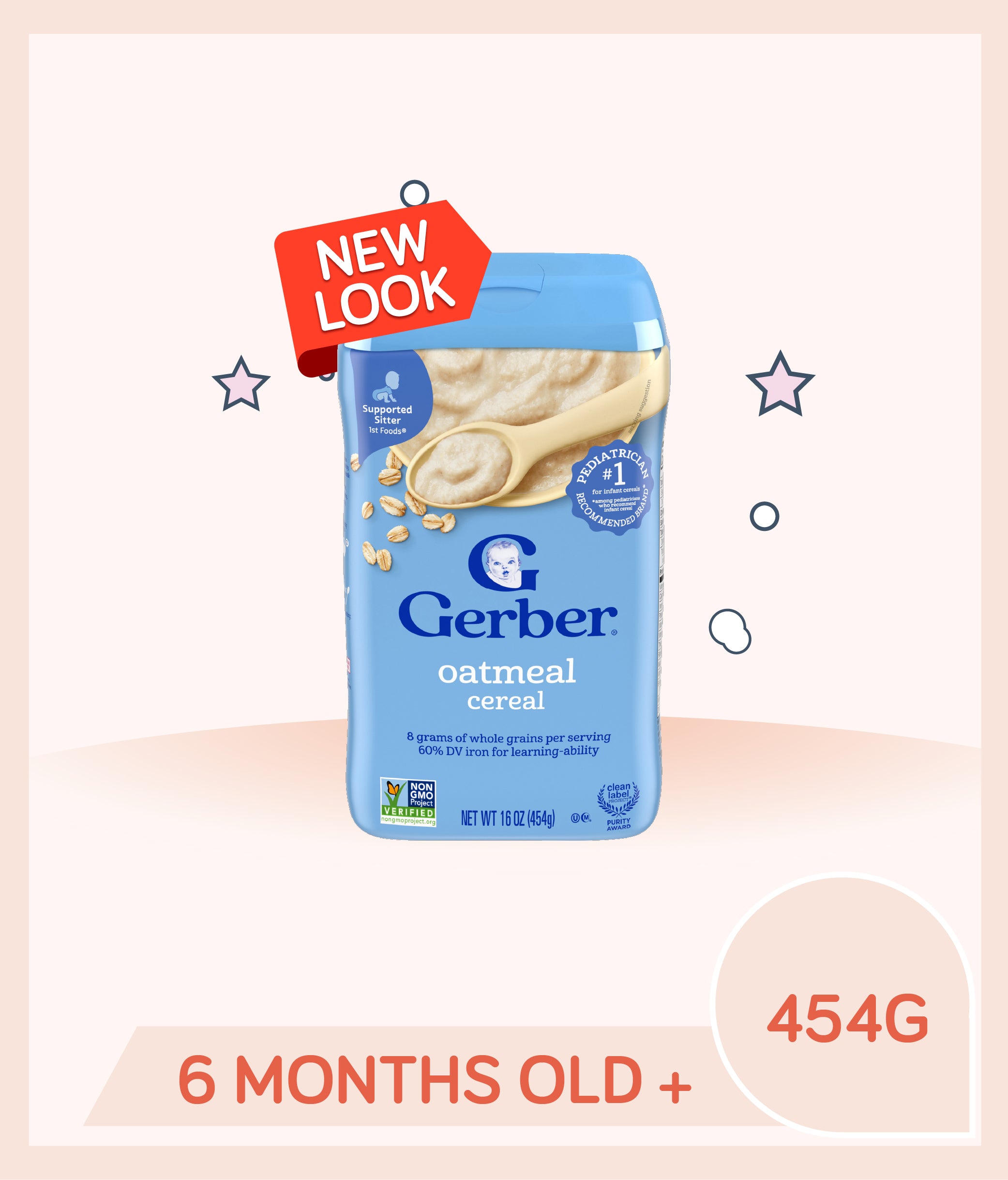
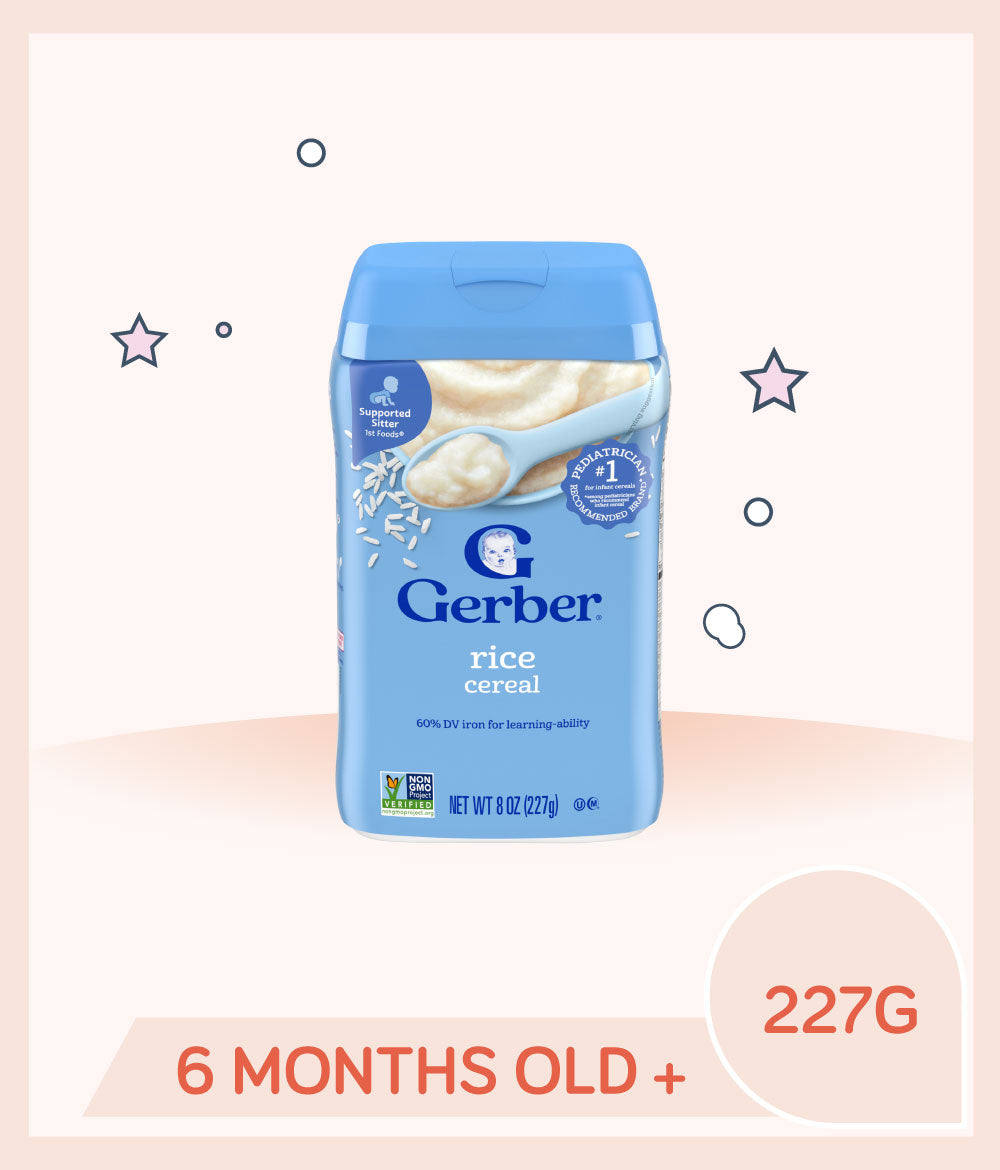




Leave a Reply